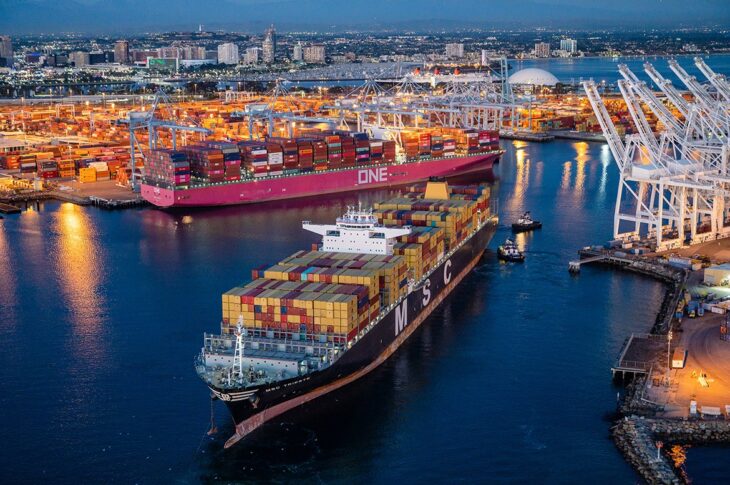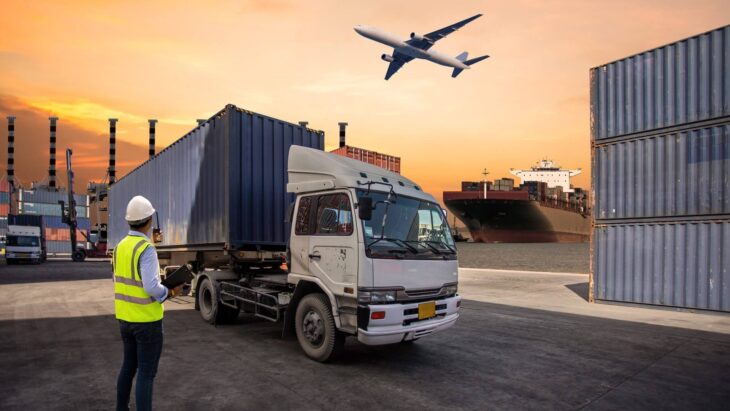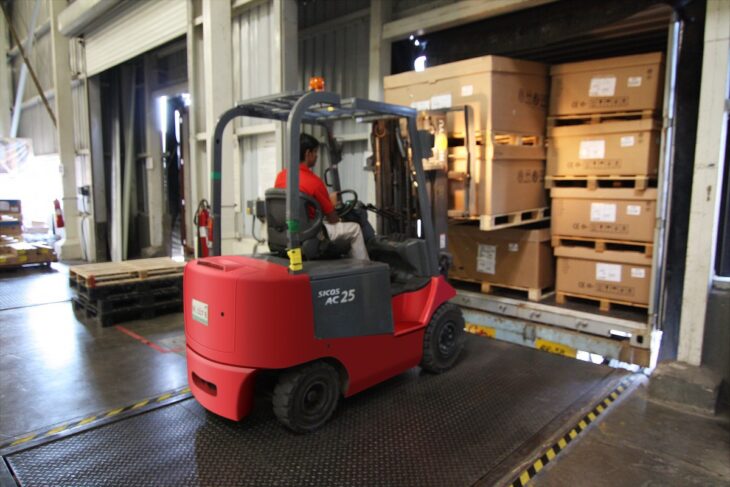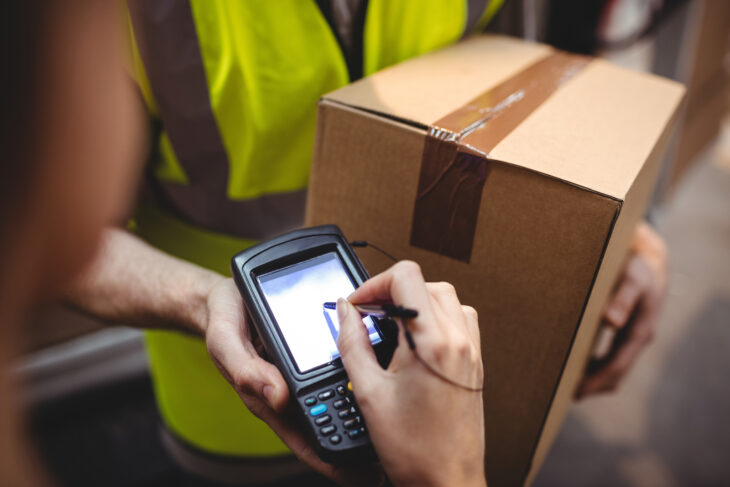If you’re in the shipping and transportation industry, then you’ve likely heard the terms transload and cross-dock operations before. But do you know what they mean? Well, let’s define these terms and look at their differences and similarities. Then, we’ll discuss why it’s important to know about both of them if you want to succeed in this industry!
Contents
- What is a cross-dock operation?
- What are key factors in deciding whether an operation is run as a transload or a cross-dock?
- What are the benefits of having access to both an FTL operation and an LTL operation?
- What does transloading mean?
- How does this affect supply chain costs?
- Are there specific industries better suited for operating with these concepts in mind?
- Having access to both an FTL operation and an LTL operation has its pros, but can it also have cons if not managed properly?
- Let’s take a quick look at warehousing operations
- Boost distribution speed intro into warehousing
What is a cross-dock operation?
A cross-dock operation is a shipping process that involves taking delivery of products on pallets and loading them directly onto trucks. At its most basic, a cross-dock facility is essentially a supply chain in reverse. When shipping with a traditional trucking company, you load shipments onto pallets at your origin facility, then hand those pallets off to drivers at your destination location. At a traditional cross-dock hub, you hand your pallets over to someone else for loading onto another truck headed for an entirely different destination; ideally you have prearranged shipment details through an EDI system, so everything happens quickly without having to worry about paperwork or inspections.
What are key factors in deciding whether an operation is run as a transload or a cross-dock?

Source: globalmaritimehub.com
There are a lot of considerations when choosing whether or not to run an operation as a transload or cross-dock. Cross-docks are beneficial because they require less real estate; however, they also lose money on storage fees if products aren’t immediately sent out again. Transloads, on the other hand, result in higher profit margins due to their ability to mark up prices when selling through third parties (such as consignment). In addition, there may be regulatory reasons for running an operation in one way over another. For example, there could be state regulations for storing hazardous materials that don’t apply if you’re only holding products that are safe for people and good for your community.
What are the benefits of having access to both an FTL operation and an LTL operation?
Transloading is one of those trucking terms that gets tossed around without a lot of explanation. Some of our readers may wonder if an FTL operation provides enough convenience to be worthwhile. Others might assume that every less-than-truckload company operates a trucking network, as opposed to just moving shipments around with trucks and trailers. In short, they’re looking for more information on exactly what we mean when we say FTL. As you may have guessed from the name, transloading means loading shipments in transit onto another vehicle—sometimes called cross-docking or inbound logistics. It makes sense for companies who ship large volumes in specialized equipment or over very long distances, because it helps simplify shipping needs.
What does transloading mean?

Source: cargocareservices.com
Transloading is a transport term that refers to unloading or loading a full container onto/from another mode of transportation. In most cases, we see truck drivers being trained on how to become a transloader, which is someone who uses a crane or forklift to load and unload trucks. Often times, a shipper will have shipments arrive at their facility in a consolidated fashion, meaning that all pallets for an entire load of freight are delivered together. While some facilities have their own cranes, others rely on outside contractors for handling equipment such as forklifts. In these instances, transloading service providers can be contracted by freight brokers to handle these extra services.
How does this affect supply chain costs?
It affects supply chain costs in a big way, since there are multiple variations in how different companies define transloading. For example, we can perform two different types of truckload operations for clients: 1) Transloading a single trailer at your location or 2) Cross-docking a full truck at our facility. The more involved transloading is usually cheaper than full truckload (FTL) shipping because we’ve eliminated one entire trip by having products delivered directly to you. However, when we cross-docking your load with other products, it’s still considered FTL because your product is being shipped with others – even though only one truck was needed to complete your order! The term cross dock is used interchangeably for either type of operation.
Are there specific industries better suited for operating with these concepts in mind?

Source: kanbanlogistics.com
Yes. Both practices can be used in almost any industry. Some industries do a better job of making use of one or both concepts, however. For example, a company like PNW Warehousing that uses transloading exclusively would be considered a warehousing operation — while a company that only uses cross-docking would be considered less of an operation and more of an extended arm for production plants. Essentially, companies that focus on one or both methods typically serve as middlemen between manufacturers and consumers.
Having access to both an FTL operation and an LTL operation has its pros, but can it also have cons if not managed properly?
The answer is yes. Not every company has access to both a Full Truck Load (FTL) operation and a Less Than Truck Load (LTL) operation. If you’re a mid-size shipper who isn’t sure which solution is right for your needs, consider what each model offers before making a decision. Both have their pros and cons, but if managed properly can complement one another.
Let’s take a quick look at warehousing operations

Source: aacb.com
There are two main types of warehousing operations: inventory storage (or just warehouse) and order fulfillment. The former is simply a place where products get stored; employees don’t spend any time at all on order fulfillment as customers physically come in or call in orders for pickup or delivery. Order fulfillment, on the other hand, entails having workers physically handle orders from customers – picking items from inventory shelves, packing them into boxes (if necessary), packaging them with complementary products if they were ordered together and then delivering them by hand or by truck/carrier to customers.
Boost distribution speed intro into warehousing
It should be done in a very short time period, generally 24 hours or less. It’s also referred to as fast track distribution where deliveries are brought directly into a warehouse after receiving their shipment. A truck can come in, drop off goods, go right back out again with minimal time spent unloading within a given facility. This is mainly used for products that can handle quick turnaround times with no additional processing needed. Examples include food items like canned fruits and vegetables or light appliances such as vacuum cleaners or blenders.
